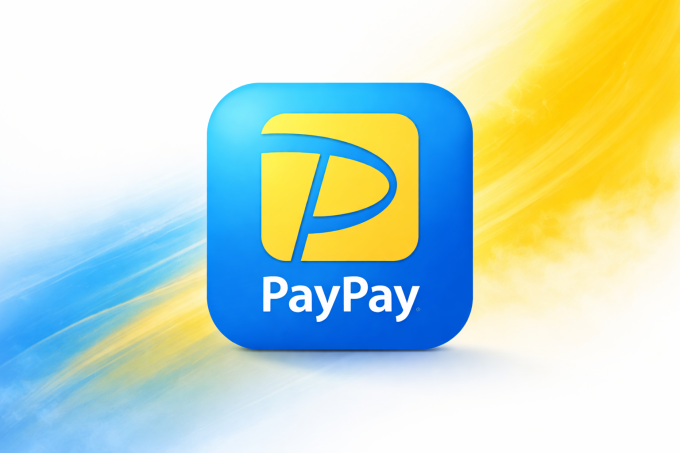Google Unveils ‘Universal Ledger’ Vision as Institutional Blockchain Race Accelerates
Google has outlined plans for a so-called “Universal Ledger,” positioning itself at the forefront of the emerging institutional blockchain race. The initiative, revealed during discussions with financial market stakeholders, reflects the tech giant’s ambition to create a single interoperable framework capable of supporting tokenized assets, payments, and settlements across industries. The move comes as capital markets, central banks, and fintech players increasingly experiment with blockchain infrastructure to digitize and streamline financial processes.
Market Context: From Crypto Assets to Tokenized Finance
The blockchain narrative is shifting rapidly from retail-driven crypto speculation to enterprise-grade tokenization. According to Boston Consulting Group, tokenized illiquid assets could reach $16 trillion by 2030, representing a sizeable share of global financial activity. Google’s Universal Ledger vision taps into this momentum, aiming to provide the connective tissue between different blockchain systems and traditional financial rails.
Institutional interest has already fueled momentum in tokenized government bonds and stablecoins, with JPMorgan, BlackRock, and Citi advancing pilots in digital asset infrastructure. Google’s entry signals that Big Tech now views blockchain as a necessary layer in the future of capital markets rather than an experimental technology.
The Universal Ledger Concept
The Universal Ledger is envisioned as a unified platform allowing interoperability between multiple blockchains, tokenized assets, and institutional systems. Rather than competing with public blockchains like Ethereum or Solana, Google aims to complement them by enabling cross-network communication and standardized frameworks for compliance, settlement, and identity.
In practice, this could mean that tokenized securities, stablecoins, and central bank digital currencies (CBDCs) transact seamlessly across platforms—reducing friction and cost. For financial institutions, such an infrastructure could mitigate fragmentation, a key challenge as tokenization projects proliferate in silos.
Strategic Significance for Institutions and Investors
For institutional investors, Google’s proposal is not just about technology—it is about market confidence. A global player with established trust in cloud computing and data security provides reassurance at a time when blockchain adoption faces hurdles of scalability and regulatory clarity.
Markets have historically rewarded firms that position early in financial infrastructure. If realized, Google’s Universal Ledger could channel trillions in tokenized flows through its systems, cementing its role as a backbone provider in digital finance.
Outlook: Promise and Uncertainty
The announcement underscores both the opportunities and uncertainties in institutional blockchain adoption. While the Universal Ledger could accelerate tokenization across asset classes, challenges remain: standard-setting across jurisdictions, regulatory buy-in, and competition from banking consortia all present hurdles. Moreover, investor psychology—still shaped by crypto volatility—may temper enthusiasm for blockchain-native financial products until regulatory guardrails are firmly in place.
Nonetheless, Google’s Universal Ledger vision reflects a broader inevitability: the convergence of traditional finance and blockchain technology. As institutions scale tokenization pilots into production, the race to define the digital infrastructure of tomorrow is no longer theoretical—it is underway, and Big Tech intends to play a decisive role.
Comparison, examination, and analysis between investment houses
Leave your details, and an expert from our team will get back to you as soon as possible













https://shorturl.fm/QALul
https://shorturl.fm/q5r0F